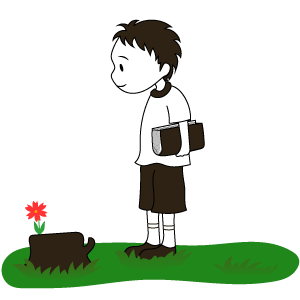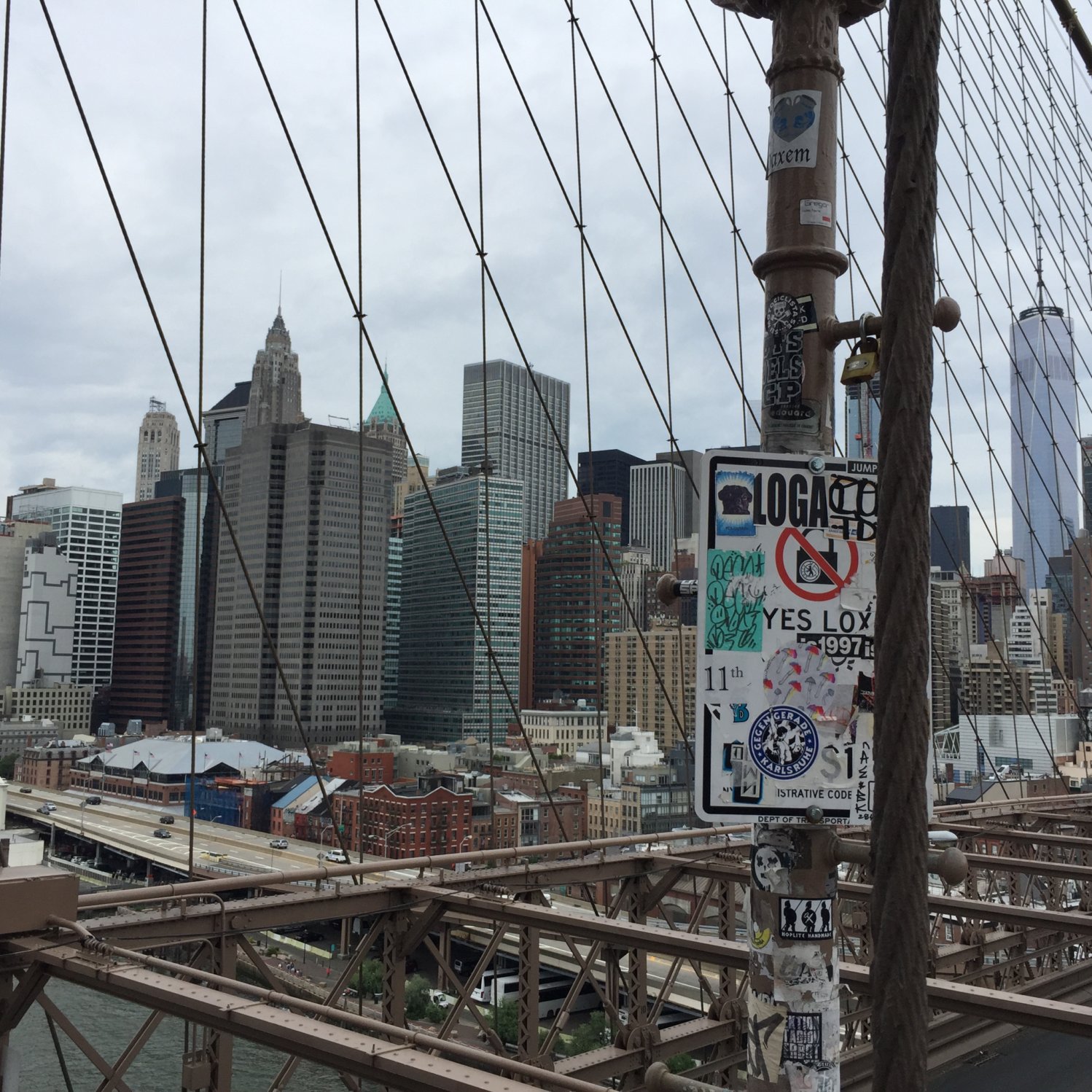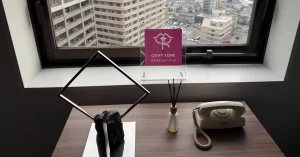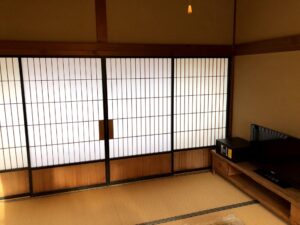People always regret. I would even go so far as to say that it is human beings who regret. If you make a choice and it turns out to be a failure, you are bound to regret it even more.
In the case of marriage, if I had married that person at that time, if I had found a job, if I had chosen that company at that time, if I had gone to that university, if I had not bought that product, and so on. Everything is the result of choices.
It is a natural feeling to look back to the past when the present is difficult. However, I believe that many people often go overboard.
When something happens, the first thing they do is regret it. For example, there are people who are always somewhat dissatisfied and have regrets about the past, even if they think they are successful enough in the eyes of others. Such people are usually dissatisfied with their current life and may not be at peace with themselves.
On the other hand, the act of choosing something that is so difficult in various phases of life is, of course, a difficult thing to do. Even if it is the same choice, there is a wide range, from the important matter of finding a job to choosing the ingredients for dinner.
Naturally, the more insignificant the choice is for you, the less regret you feel. Even if you think that that meat at the supermarket was 10 yen cheaper, it will be forgotten in an instant once it is in your stomach.
However, when it comes to finding a job, the story is completely different. After you have entered a company and worked hard, you suddenly realize that you are about to die from exhaustion. You suddenly realize that this company might be a black company.
For the first time, you regret and reflect on your actions. He wonders why he did not choose that company, even though he had received job offers from white companies at the time. It is said that the later you make such a critical choice, the later you “regret” because of the famous psychological “Concorde Effect (the Thanksgiving Effect)” at work.
The Concorde Effect refers to the state in which, as one continues to invest financially, mentally, and temporally in an object, one becomes regretful that one’s previous investment was wasted, no matter how much one knows it will result in a loss, and one is unable to stop.
In other words, the person moves from regret to remorse. It is a movement of the mind that tries to convince itself.
It is a movement of the mind that tries to convince itself that it is naive, that it is not trying hard enough, that the situation it is in is the same no matter where it goes, that there is nothing interesting in any job, and that it is not worth it. Every job has its own rewards. “This is where you learn patience. “This is what it means to be a member of society.” They are just spoiled.”
However, no matter how many brain conversations and self-brainwashing you do, when you wake up in the morning, you can’t wait to go to work. My head and stomach ache inexplicably. No matter how much you try to convince yourself, your body won’t listen to you. Still, you try to persuade yourself to go further somehow.
If this continues day after day, one day your thinking will suddenly crash. You quit thinking at all. I think this is what is known as “depression.
Depression aside, the more regrets one feels after making a critical choice, the more one tries endlessly to persuade oneself to come to terms with reality.
I am sure there are psychological ways to deal with this unbreakable chain of events, but it may be important to first accept the choice itself before trying to persuade oneself.
When we look back to the time when we made the choice, we may think that there are many other options between our eyes at that moment.
But if we go back to the same situation again, that person will undoubtedly make the same choice. And he or she will regret it the same way. Of course, this is because they think that if they look back, they will be able to make the same choice when the time comes in the future. However, no two situations in life will ever be exactly the same.
In the beginning of his novel “Dance Dance Dance,” Haruki Murakami called it a person’s “tendency” to make the same choices even if they return. He said that people always make the same choices, and that the accumulation of these choices makes them who they are.
It may sound a bit harsh to say this, but in order to avoid regrets, it is important to forget the effort you put into making a big choice before the Concorde Effect comes into play, and to not consider the choice itself as so important.
And if you find it really hard, escape before you crash at the end of your self-brainwashing. If you still can’t escape, then instead of feeling sorry for yourself.
Instead, I think it is to successfully resolve the pain of the current situation and the urgent desire to escape in a dialectical way, such as, “Let’s start looking for a new job,” “Let’s get a certification,” or “Let’s try harder in union activities.”
As long as one is alive, one must continue to choose something for the rest of one’s life, from today’s foodstuffs to the way one dies. If we get into the habit of regretting and reflecting on every choice we make, we will gradually become afraid of the choice itself and avoid it. In other words, they will not be able to choose well.
The place of higher education recommended by the teacher, the place of employment with connections. The marriage partner from the marriage introduction service selected by the computer. This restaurant because it has a good word-of-mouth rating. Surgery because the doctor recommended it when a tumor was found. Life-prolonging treatment because the family says so. When we are reluctant to make choices, we naturally tend to put our lives in the hands of others, which makes it even easier for the Concorde Effect to take hold.
In a sense, this is an abandonment of life. Therefore, we should never run away from the choices we have to make in front of us. And do not blame yourself.
However, you must take at least a minimum amount of responsibility for the “results,” “things,” “things,” and “others” that you have chosen. I think that is the way to deal with choices and regrets that will last until you die.
In the past, when my teacher asked me to write a letter of regret, I wrote it as a letter of regret for not being sorry, and I was made to feel even more angry.
See you later.












